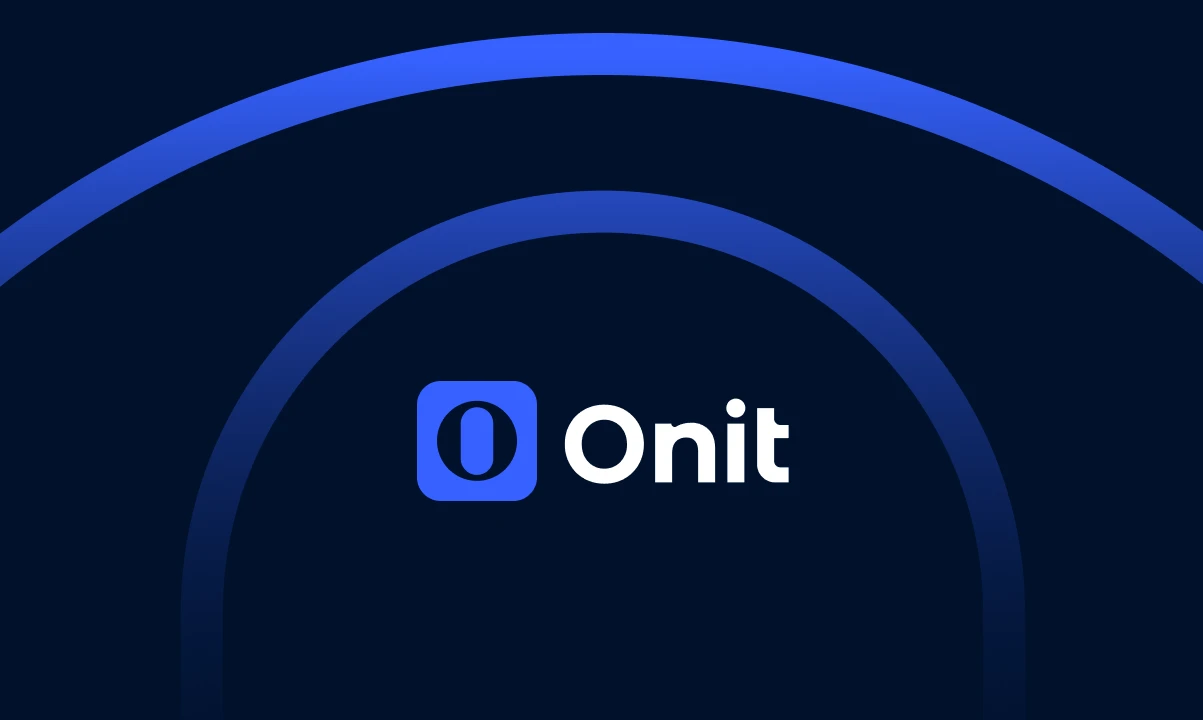Omar Sweiss, founder and CEO of JusticeBid, and Matt DenOuden, Onit’s Senior Vice President of Sales, recently shared an in-depth discussion regarding the need for diversity innovation in legal operations – and how moving the needle requires both personal courage and playing as a team. Here are their insights (view the webinar in its entirety here).
When it comes to establishing a diverse and inclusive workplace where every voice is represented, acknowledged, heard, and valued, change is no longer an option – it is essential. This ideology spurred mission-driven attorney, entrepreneur, and CEO Omar Sweiss to pioneer JusticeBid, a minority-owned diversity analytics and outside counsel selection provider transforming how companies embed diversity, equity, and inclusion (DEI) into their business operations through data intelligence and transparency tools.
Born in Jordan and living in Chicago since the age of three, Sweiss noticed the marginalization of the south and west sides of the city early on. Later, as an MBA candidate, “I wanted to build businesses and bring them up with me,” he told Onit SVP of Sales Matt DenOuden.
It was then that Sweiss, already a passionate champion of DEI, enrolled in law school – and was stunned by the lack of diversity in Legal. Thus, JusticeBid’s groundbreaking analytics platform and RFP/e-auction SaaS technology to source legal services were born.
With a new year upon us, what are the next steps for corporate legal departments in embracing diversity innovation? The answers lie in “giving data points at the right place and time to drive DEI decision-making,” Sweiss said.
Diversity as a team sport
While interest in DEI initiatives has grown in the past decade, both Sweiss and DenOuden agreed: Much evolution remains required.
“In terms of diversity, many more corporate law departments have become like foot soldiers on the front lines, having conversations to effectuate change,” Sweiss noted. They have good intentions, intending to harness data to leverage vendors and overall operations. However, on occasion, this can lead to what Sweiss calls “eye-opening but troubling conversations” regarding companies requesting data solely to meet DEI requirements.
Once, Sweiss says, he got the impression that a company believed there was excellence, and then there was diversity – as if the two were mutually exclusive. This practice, known as “malicious compliance,” is where diversity is pitched but meaningful opportunities not provided.
DenOuden concurred.
“The legal world can inherently be an inside game – you want the best, and the people you know are the people you know. Does this run the danger of having the same loop occur?”
Sweiss’ suggestion? Drive out that attitude with data.
“When I’ve said, ‘What if I show you data that showed there are actually more diverse attorneys who have performed better. Would that change your viewpoint?’ The result was a resounding yes.”
“Diversity is a team sport,” DenOuden concluded. Not only must eyes remain open to origination credit – who is working on matters and what kinds of work they are performing – but to ensure inclusivity, “all hands must be on deck.”
Courage is the key
That said, “I can give you all the data, but if you fear repercussions, what good is data?” Sweiss postulated.
Certainly, having such conversations is underpinned by courage, DenOuden noted, adding how – in a corporate landscape punctuated by privacy issues – gathering data can pose a rock-and-hard-place catch-22.
There has been pushback, Sweiss admitted – but consent, he believes, in embedded in the process. He cited one pharmaceutical company who fired an Am Law 10 firm because they refused to provide data.
“They had a minority GC who was very courageous and stood his ground. Yes, it’s business, but we should be doing this for the right reasons. If you won’t be transparent about data, what that says is that you don’t align with [a company’s] values.” Companies with courage take a stand and only work with firms and vendors that share their values.
What success looks like
Imaging the future of DEI, DenOuden speculated on possible, tangible change in the present.
“Top of mind is for minority communities to offer STEM programs that lead to greater higher education opportunities,” Sweiss articulated. Another focus is arguments for affirmative action and their influence on law schools. “If race can no longer be looked at in admission process, what will this do to our pipeline as we try to solve that pipeline issue?
“This is a moment creating eye-opening effect. We’ve finally seen some progress. What will this do for profession and industry?”
Although goals can be different for every corporate law department, at the end of the day, being on the edge of diversity and achieving DEI success comes down to two principal matters, according to Sweiss:
“Making sure everyone in-house is playing a role in results, and showing diversity in legal operations that is reflective of society and challenges systemic inequality.”
This, in turn, forms a foundation for a more inclusive and just society for all.
The robust relationship between Onit and JusticeBid
JusticeBid is a founding member of the “Operation Empowering Change” (OEC) initiative to facilitate DEI data collection to support change in the legal industry, which exemplifies Onit’s commitment to advancing DEI in the legal ecosystem. This strategic alliance between Onit and JusticeBid will provide clients with cutting-edge tools to achieve deeper understanding of their current diversity climate, as well as an opportunity to scale the diversity of their outside counsel across various matters, including panel refresh, AFAs, consolidation, rate review, and more.




